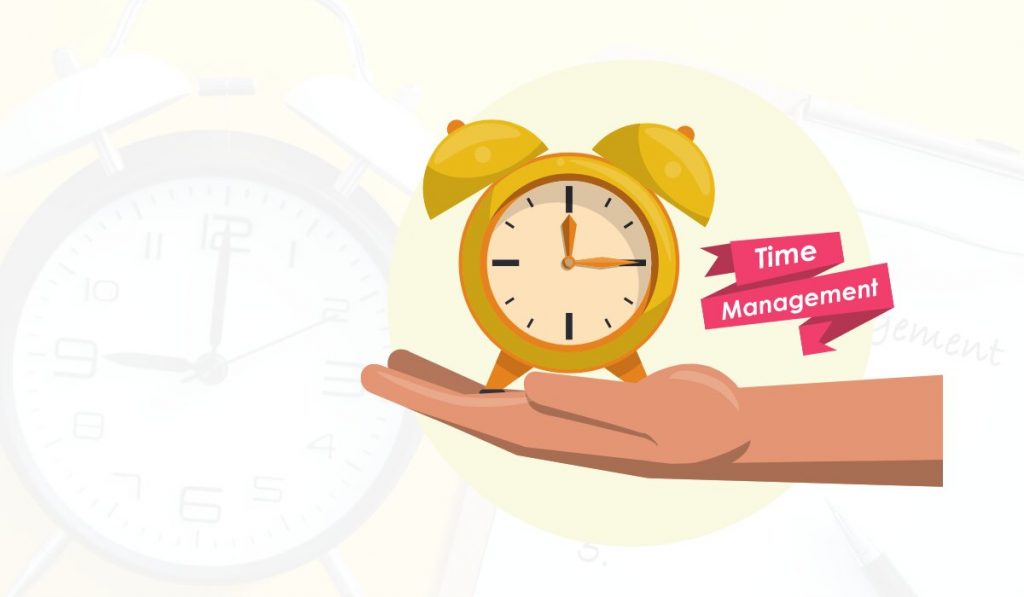Time Management Wave: The Most Effective Strategies for Academic Triumph

In the trip of education, understanding efficient research study routines belongs to possessing an effective tool that opens the doors to academic success. Whether you’re a trainee in high college, university, or going after greater education and learning, the method you examine profoundly influences your Learning end results. In this comprehensive guide, we look into the world of reliable research study routines, exploring methods and strategies to optimize your Learning experience and achieve your academic objectives.
Comprehending Reliable Study Regimens
Effective study regimens include a spectrum of methods intended at boosting understanding, retention, and application of knowledge. They entail calculated efforts to organize time, resources, and methods to optimize finding out effectiveness. As opposed to considering last-minute stuffing or passive reading, reliable study regimens highlight energetic interaction, crucial reasoning, and constant initiative with time. Dive into the world of academic time optimization with practical tips provided in this article. Learn how to make the most out of your study sessions.
Crucial Element of Reliable Research Routines
Setting Clear Goals: Begin by specifying your academic purposes. Whether it’s acing a test, mastering a subject, or finishing a project, developing clear and attainable goals offers instructions and motivation for your research efforts.
Time Management
Reliable allotment of time is critical for effective examining. Produce a research study schedule that balances academic pursuits with other dedications. Break down your study sessions right into workable portions, incorporating brief breaks to keep focus and protect against fatigue.
Developing a Productive Research Setting
Your study setting considerably affects concentration and productivity. Pick a quiet, well-lit room devoid of disturbances. Arrange research study materials, such as books, notes, and stationery, to reduce mess and assist in simple access.
Active Learning Techniques
Passive analysis alone is not enough for deep understanding and retention. Use active Learning methods such as summing up, paraphrasing, and training principles to others. Use multimedia resources, interactive exercises, and group discussions to enhance Learning and boost understanding.
Using Effective Resources
Determine high-quality sources lined up with your Learning objectives. This might consist of books, on the internet tutorials, academic journals, or educational apps. Trying out various tools and products to find what reverberates ideal with your Learning design.
Taking Normal Breaks
Stay clear of the temptation to examine for prolonged periods without breaks. Tiredness reduces focus and hinders cognitive feature. Schedule brief breaks during research study sessions to recharge your mind and maintain optimum productivity.
Exercising Self-Assessment
Evaluate your understanding occasionally via self-testing, quizzes, or method examinations. Determine locations of weak point and prioritize them in your study plan. Routine self-assessment fosters metacognitive understanding and allows targeted renovation.
Looking For Explanation and Support
Don’t wait to seek explanation from teachers, peers, or academic assistance services when experiencing obstacles. Participate in active dialogue, ask concerns, and take part in study hall to strengthen understanding and address false impressions.
Sample Research Study Regimen
To show the application of efficient research routines, let’s lay out an example research study regular customized to a college student planning for final examinations:
Early morning (8:00 AM – 12:00 PM)
8:00 AM – 9:30 AM
Evaluation lecture notes and book analyses for the upcoming exam in Biology.
9:30 AM – 9:45 AM
Take a 15-minute break to extend, moisturize, and remainder.
9:45 AM – 11:00 AM
Service technique problems and principle exercises associated with cellular biology.
11:00 AM – 12:00 PM
Engage in a virtual study hall session to talk about challenging topics and make clear questions with peers.
Afternoon (1:00 PM – 5:00 PM)
1:00 PM – 2:30 PM
Focus on studying Chemistry principles, consisting of stoichiometry and chemical reactions.
2:30 PM – 2:45 PM
Take a short break to revitalize and reenergize.
2:45 PM – 4:30 PM
Total assigned readings and prepare a summary for a future Background essay.
4:30 PM – 5:00 PM
Evaluation the day’s research progress, settle essential points, and prepare for tomorrow’s research study sessions.
Evening (7:00 PM – 10:00 PM)
7:00 PM – 8:30 PM
Revise mathematical solutions and fix calculus problems.
8:30 PM – 8:45 PM
Take a brief break to relax and kick back.
8:45 PM – 10:00 PM
Evaluation Spanish vocabulary and method conversational workouts using language finding out apps.
Final Thought
Mastering reliable research study regimens is not just concerning placing in hours of initiative but maximizing the top quality of your Learning experience. By incorporating approaches such as objective setup, time management, energetic Learning, and self-assessment right into your study regimen, you can boost understanding, retention, and academic efficiency.







